Privacy, Security and Ethics in Process Mining – Article Series
When I moved to the Netherlands 12 years ago and started grocery shopping at one of the local supermarket chains, Albert Heijn, I initially resisted getting their Bonus card (a loyalty card for discounts), because I did not want the company to track my purchases. I felt that using this information would help them to manipulate me by arranging or advertising products in a way that would make me buy more than I wanted to. It simply felt wrong.
![]() Read this article in German:
Read this article in German:
“Datenschutz, Sicherheit und Ethik beim Process Mining – Artikelserie“
The truth is that no data analysis technique is intrinsically good or bad. It is always in the hands of the people using the technology to make it productive and constructive. For example, while supermarkets could use the information tracked through the loyalty cards of their customers to make sure that we have to take the longest route through the store to get our typical items (passing by as many other products as possible), they can also use this information to make the shopping experience more pleasant, and to offer more products that we like.
Most companies have started to use data analysis techniques to analyze their data in one way or the other. These data analyses can bring enormous opportunities for the companies and for their customers, but with the increased use of data science the question of ethics and responsible use also grows more dominant. Initiatives like the Responsible Data Science seminar series [1] take on this topic by raising awareness and encouraging researchers to develop algorithms that have concepts like fairness, accuracy, confidentiality, and transparency built in (see Wil van der Aalst’s presentation on Responsible Data Science at Process Mining Camp 2016).
Process Mining can provide you with amazing insights about your processes, and fuel your improvement initiatives with inspiration and enthusiasm, if you approach it in the right way. But how can you ensure that you use process mining responsibly? What should you pay attention to when you introduce process mining in your own organization?
In this article series, we provide you four guidelines that you can follow to prepare your process mining analysis in a responsible way:
– Part 1 of 4: Clarify the Goal of the Analysis
– Part 2 of 4: Responsible Handling of Data
– Part 3 of 4: Consider Anonymization
– Part 4 of 4: Establish a collaborative Culture
Acknowledgements
We would like to thank Frank van Geffen and Léonard Studer, who initiated the first discussions in the workgroup around responsible process mining in 2015. Furthermore, we would like to thank Moe Wynn, Felix Mannhardt and Wil van der Aalst for their feedback on earlier versions of this article.

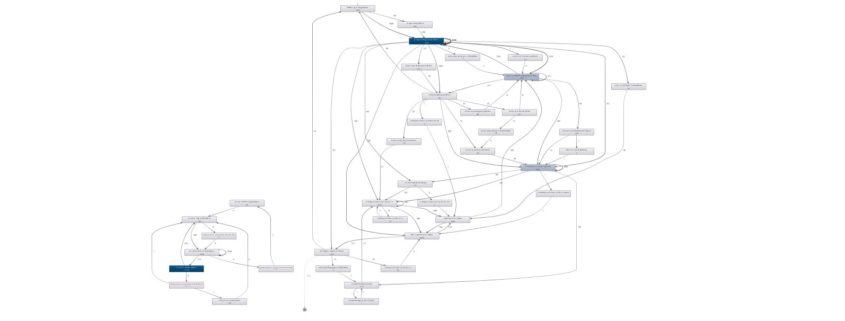
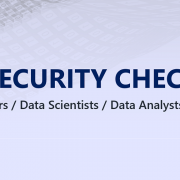
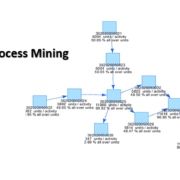
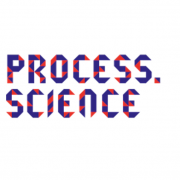
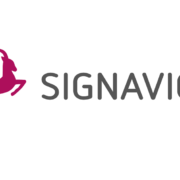
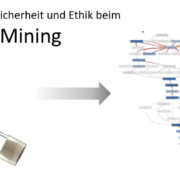
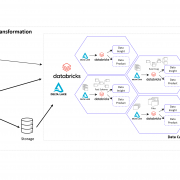


Trackbacks & Pingbacks
[…] This is article no. 4 of the four-part article series Privacy, Security and Ethics in Process Mining. […]
[…] This is article no. 4 of the four-part article series Privacy, Security and Ethics in Process Mining. […]
[…] This is article no. 1 of the four-part article series Privacy, Security and Ethics in Process Mining. […]
[…] This is article no. 1 of the four-part article series Privacy, Security and Ethics in Process Mining. […]
[…] Check whether there are legal restrictions regarding the data. For example, in Germany employee-related data cannot be used and typically simply would not be extracted in the first place. If your project relates to analyzing customer data, make sure you understand the restrictions and consider anonymization options (see guideline No. 3). […]
[…] Check whether there are legal restrictions regarding the data. For example, in Germany employee-related data cannot be used and typically simply would not be extracted in the first place. If your project relates to analyzing customer data, make sure you understand the restrictions and consider anonymization options (see guideline No. 3). […]
[…] Read this article in English: “Privacy, Security and Ethics in Process Mining – Article Series“ […]
Leave a Reply
Want to join the discussion?Feel free to contribute!